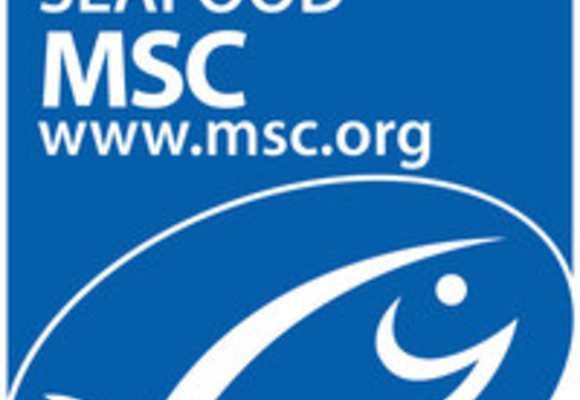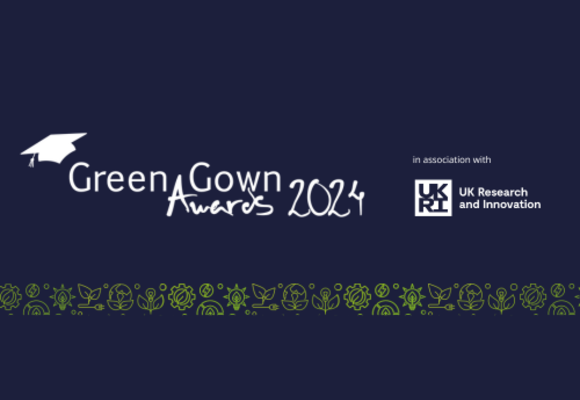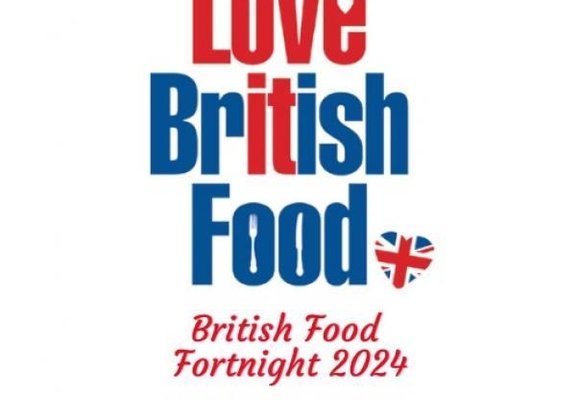54% of those who have purchased fish or seafood in the past two months say they have seen the blue ecolabel, either often or occasionally. This, up from 51% in 2022 and from 44% when the first of these global research surveys was conducted in 2016. Understanding is also increasing, with 39% of UK consumers associating the ecolabel with sustainability or certification – up from 33% in 2022 and 25% in 2016.
These significant increases in awareness (up 23%) and understanding (up 56%) over the past eight years follow concerted public awareness campaigns from the MSC – including World Ocean Day and Sustainable Seafood September – promoting sustainable fishing and celebrating those fisheries that have achieved the certification.
In the survey of more than 27,000 people across 23 countries – including 1,378 in the UK – a clear picture emerges of consumers looking to respected, independent bodies like the MSC, to ensure the seafood they enjoy today is available for years to come. Given the reassurance of the blue MSC ecolabel on pack, over half (55%) of UK seafood consumers say it would make them more likely to purchase the product. 77% also say supermarkets' and brands' claims about sustainability and environment need to be clearly labelled by an independent organisation.
UK consumers want the MSC to play an active role in protecting the marine environment and promoting sustainable seafood. More than half of those questioned (52%) in the Consumer Insights Survey conducted by GlobeScan chose 'protecting fish populations' as an action they wanted MSC to focus on, with 47% choosing 'protecting ocean wildlife, birds and endangered species'. UK consumers also want the MSC to raise awareness of the environmental impacts of overfishing (45%) and explain to consumers what sustainable seafood is (42%).
Anxiety about the state of the world’s oceans among seafood consumers is on the rise, with 94% of them saying they were worried, up from 91% two years ago. Just over two in five consumers (42%) said they don’t think their favourite seafood will be available in 20 years, a steep rise from a third (33%) in 2022. For those aged 18 to 34, the figure is 52%, showing greater concerns among younger people. Consumers are even more worried than they were in 2022 about overfishing with 51% voicing concerns about this threat, up from 48% in 2022.
By becoming MSC-certified, your institution can help promote sustainable fishing practices around the world, whilst also boosting your institution’s sustainability credentials and meeting the sustainability demands of students. 54% of consumers aged 18-24 cite environmental reasons as the main motive for changing their diet – so we know this is a key area of concern for your students.
Don't know where to start? We can help. Download our guide below for more information on how to achieve MSC Certification FREE OF CHARGE, and how TUCO can support you on your journey.
Article Attachments
If the subject raised in this article is of interest to you, we also discuss it in some other parts of the website.











